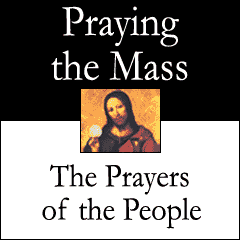I rarely see published replies to any of my published letters-to-the-editor (LTTE), but today there was a published reply to a published reply to one of my recent LTTE in The Age. Here it is:
Homophobia hoax
ALEX Carnie (Letters, 30/12) may have read between the lines, but he has also read far too much in there about the Pope and homosexuality (which, as he rightly says [actually, it was my point in my original letter], the Pope did not mention in his Christmas address).
A week ago, so concerned was I at what I now consider to be perhaps the biggest journalistic hoax I have encountered in the homophobia attributed to the Pope, that I did a print-out of the original speech in Italian from the Vatican site and analysed the whole document (the 3590 words, not just the 580 of the offending paragraphs).
The Pope’s reference to “gender” is to a philosophic theory of many hues and is not a veiled reference to homosexuality as such.
A pity I cannot fit my 3000 word analysis into these columns.
John N. Collins, Seaford
A pity indeed. And this is exactly what I was getting at in my original letter. It was a journalistic hoax to make the Christmas address into a “diatribe against homosexuality”, all done with mirrors. At least John (who can read Italian) went to the source. We all have to do this. For eg., whenever a new story comes up that I want to put on the Ecumenical and Interfaith Newsblog (eg. in Cathnews), I always track it down to the original source to verify it. Often this means original documents or reports from journalists who have proved themselves trustworthy (eg. John Allen or Tom Heneghan – never trust something that gives the Telegraph or the Hong Kong Times as an original source). The fact is that on this story, no-one really bothered to do that and just went straight from reading the newspaper reports to writing letters to the editor to stick in the boot.








